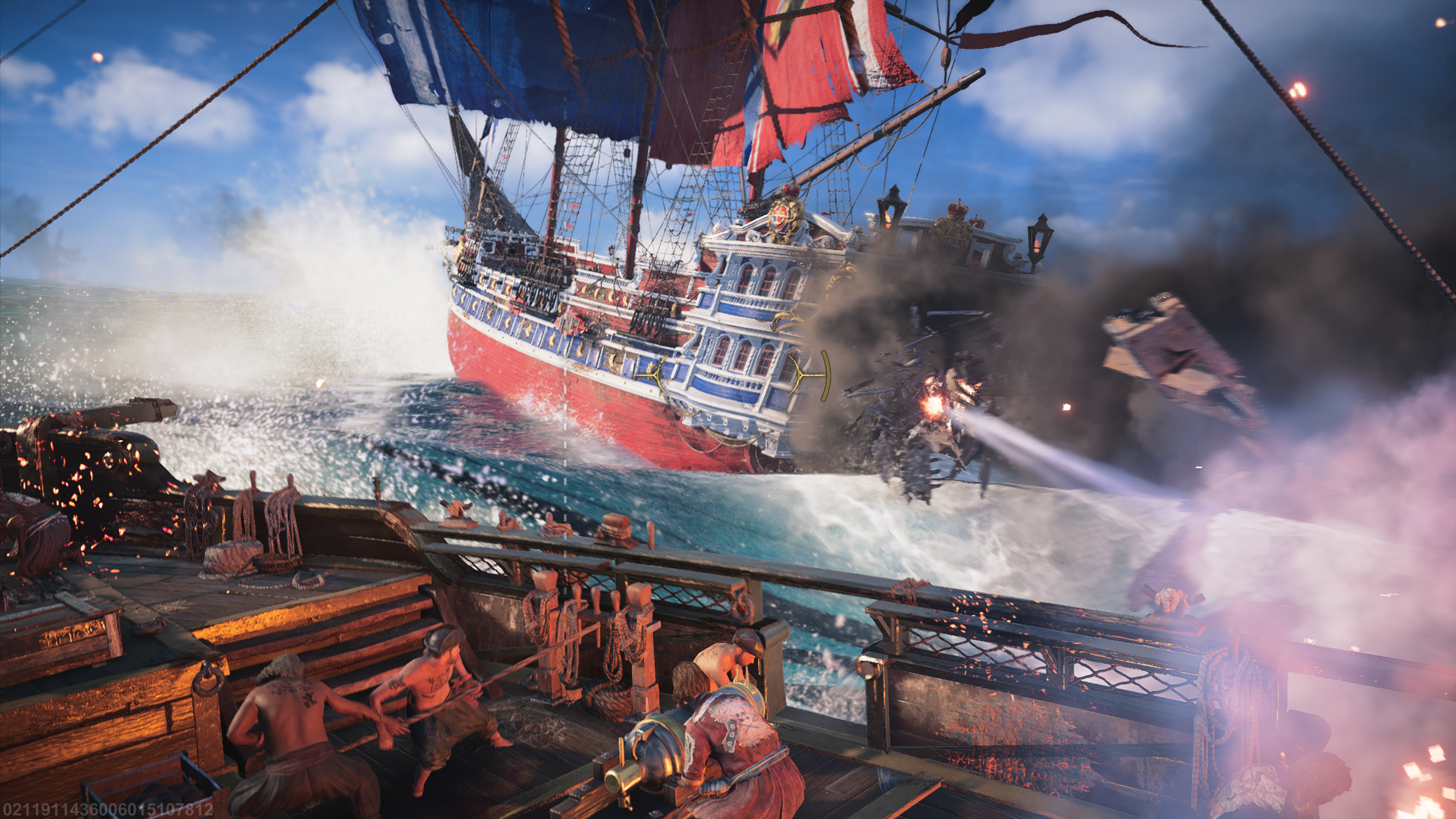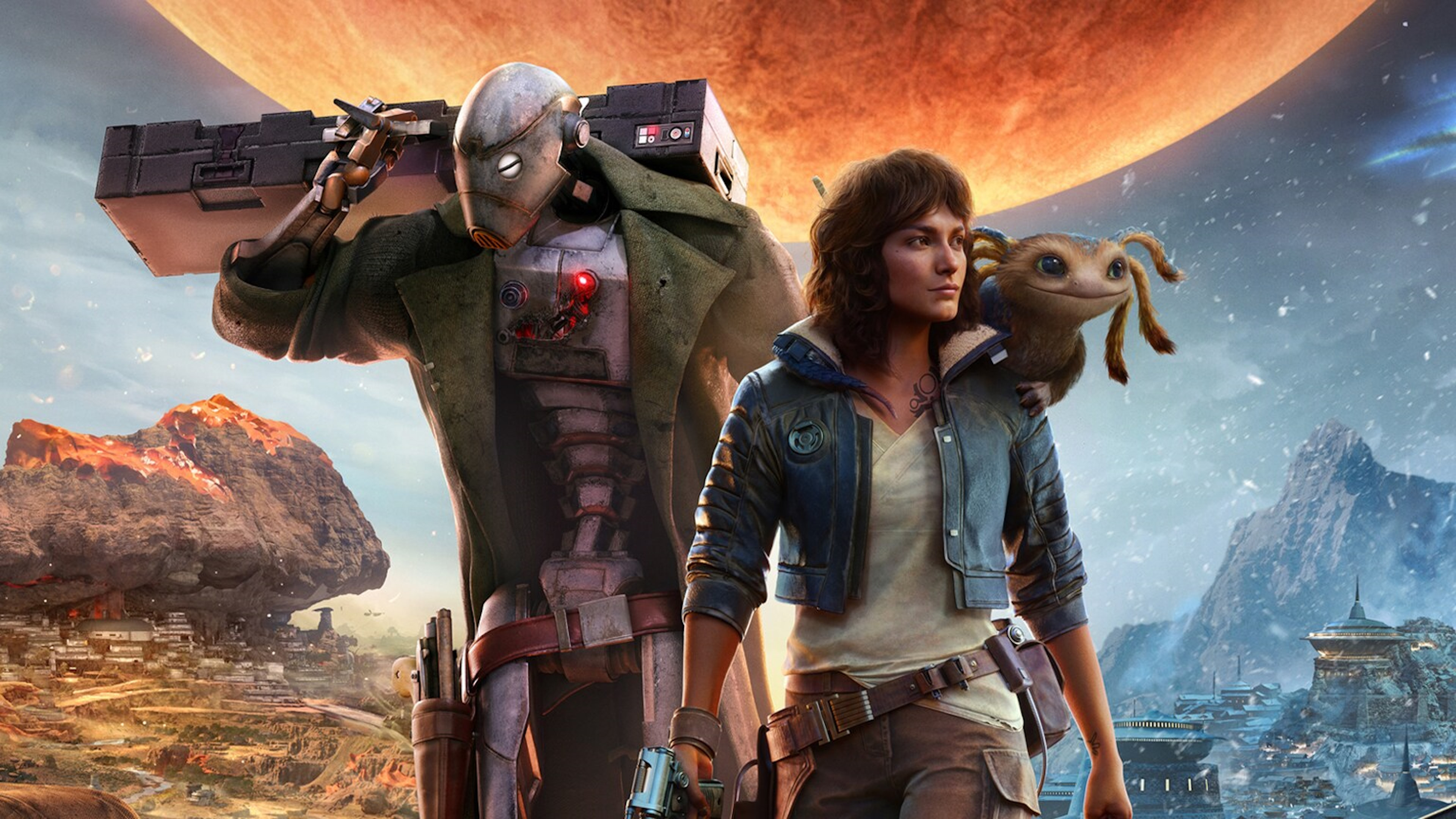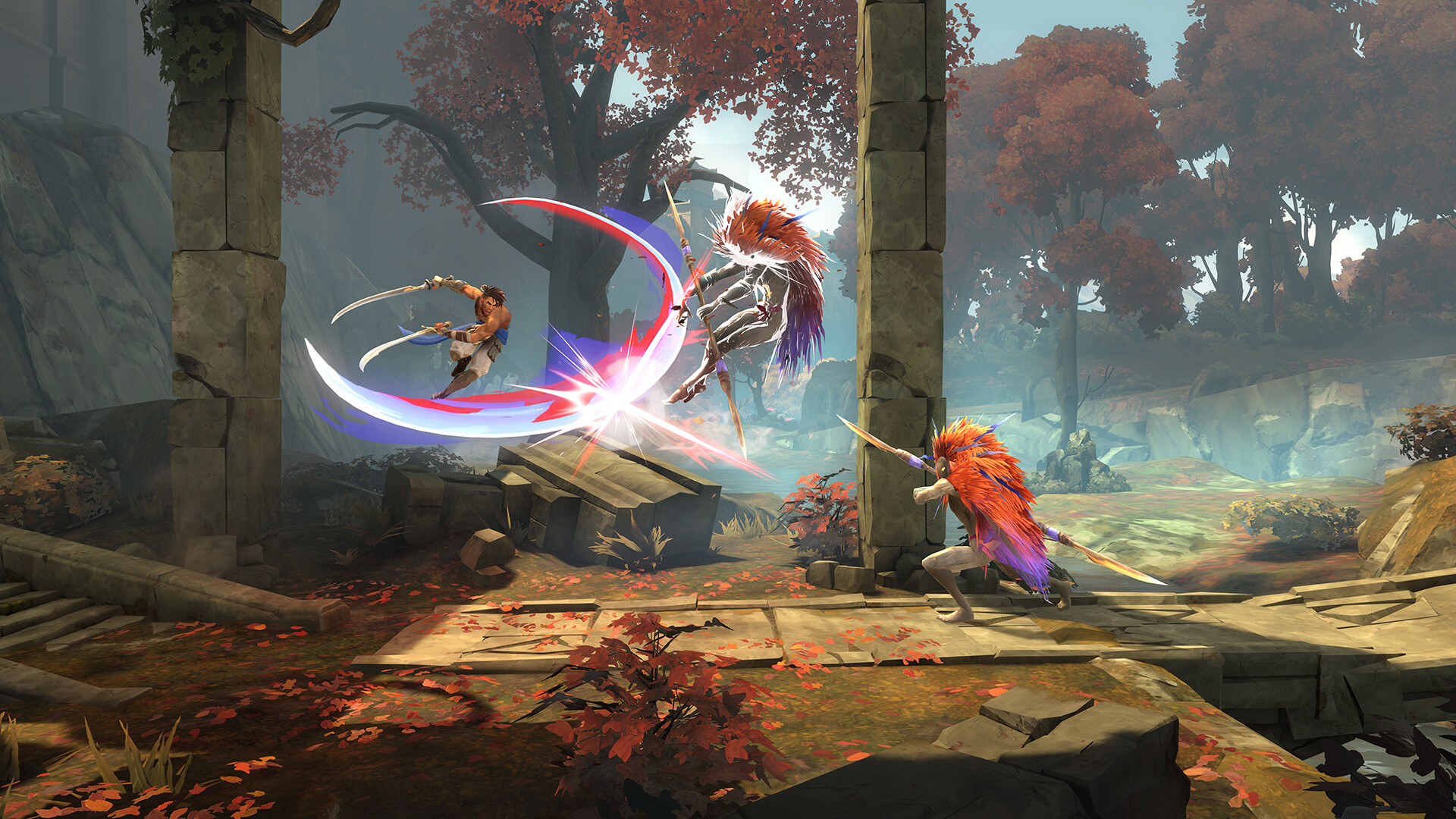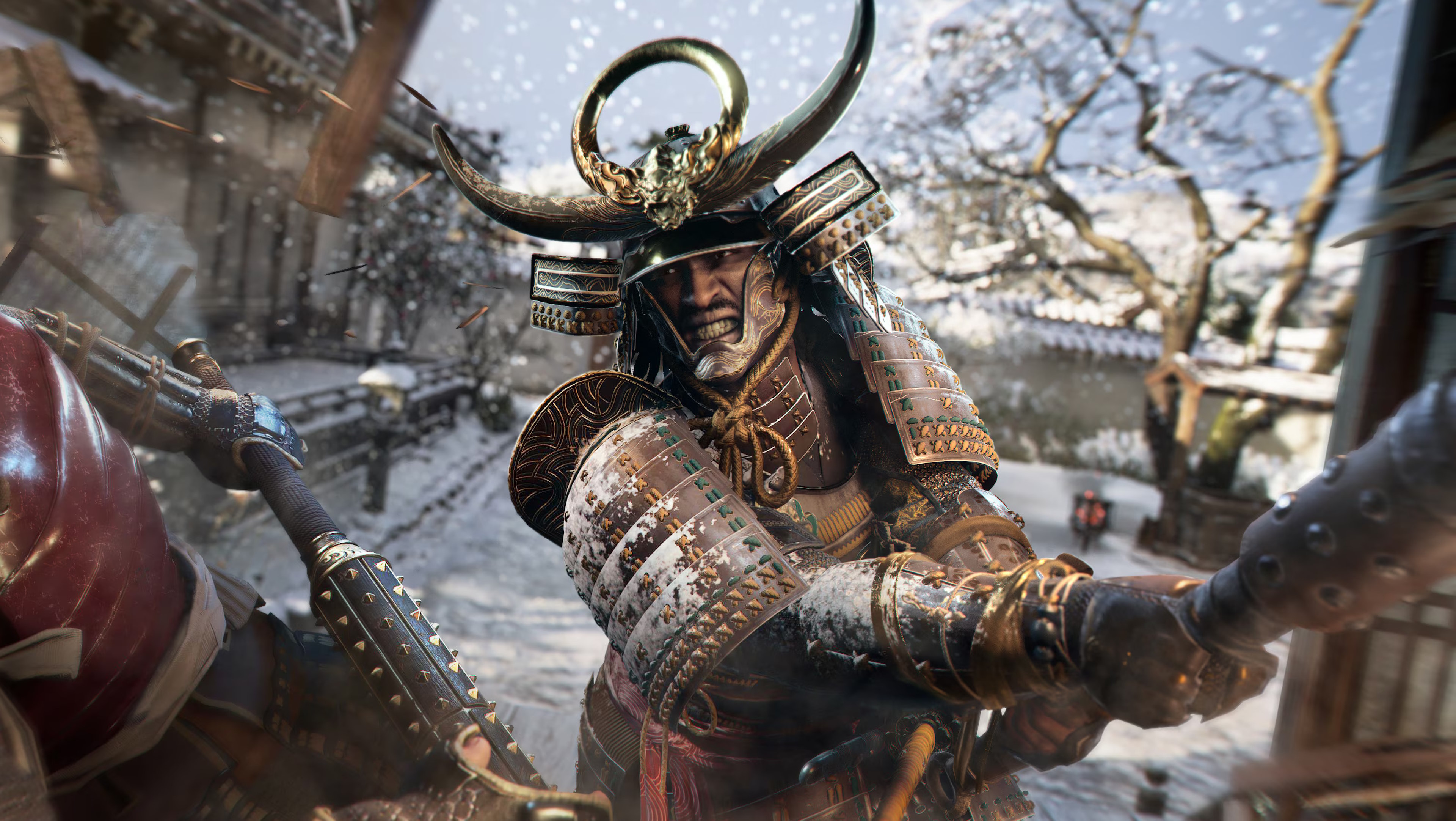Following a rough 2023, which saw Ubisoft wrestling with poor financial results, several cancellations, under-performing games, layoffs, and CEO Yves Guillemot effectively putting all the responsibility on developers rather than looking inwards, the publisher has failed to right the ship. 2024 was an absolutely dire year for Ubisoft.
Once a powerhouse publisher, Ubisoft might still be churning out the big blockbuster games, but judging by the last couple of years, and especially 2024, it seems to be incapable of getting a win or turning things around. Even when it does release games one would expect to be successes, it just doesn’t seem to be able to attract players. It’s hard to imagine how the last 12 months could have been worse.
To give you a rough idea of how well it’s been going, here’s a chronological list of what’s been going on at Ubisoft:
- Avatar: Frontiers of Pandora failed to bring in the players
- Prince of Persia: The Lost Crown underperformed
- Skull and Bones didn’t make a splash
- The Division: Heartland was cancelled
- Prince of Persia: The Sands of Time was pushed back to 2026
- Star Wars Outlaws didn’t set the galaxy on fire
- Assassin’s Creed Shadows was delayed until 2025
- The Lost Crown team was disbanded
- XDefiant is shutting down
- French employees went on strike
- Ubisoft is reportedly up for sale
- 744 staff have been laid off since October ’23
It’s… not great.
Game plan
At the heart of the issues is the simple fact that Ubisoft’s games just aren’t cutting it in the sales department anymore—even the huge open-world games that were once the publisher’s bread and butter. Avatar, which launched in December ’23, should have been an easy win, given the inexplicable popularity of James Cameron’s middling movies, but it reportedly failed to leave a mark—at least by Ubisoft’s standards—and saw significant price reductions shortly after launch.

Skull and Bones followed shortly after, and while Ubisoft is still maintaining it, the reception was as cold as the North Sea. After countless delays, the result was a mediocre open-world piracy game that didn’t come close to capturing the seafaring fun of its inspiration, Black Flag. Everything about it screamed that it was a game that would have been cancelled if Ubisoft didn’t have a funding deal with the Singaporean government. I doubt the updates will keep rolling in after next year.
I don’t think anyone had high expectations for Skull and Bones, but Star Wars Outlaws was another matter. An open-world Star Wars game starring a smuggler and her two pals, a cute critter and a taciturn droid? It should have done gangbusters. Especially since it threw out so much of Ubisoft’s open-world bloat. I loved it, but it underperformed and Ubisoft ended up pushing it out on Steam early to try and claw back some cash.
Honestly, Outlaws’ performance suggests that Ubisoft is just screwed. It managed to correct a lot of the legacy issues with the publisher’s open-world model, tapped into some of the coolest elements of the galaxy far, far away, and while it did have some performance issues at launch, it’s a helluva looker. It’s the best thing that Ubisoft’s released in ages, but not enough people cared.

A vocal minority lambasted the game for being “woke”—I guess because it has a female protagonist? Or because fighting fascists is bad now? It’s all nonsense, of course, and these toxic weirdos don’t have enough cachet to move the needle. So I just think players have lost faith in the company. Even when it does release something good, people are too hesitant to open their wallets.
We saw the same thing with Prince of Persia: The Lost Crown. The Persian platformer was well-received critically, and part of a series that fans had long wanted to see resurrected, but it failed to sell well, sequel plans were scrapped and Ubisoft disbanded the team. One of the excuses reportedly wheeled out by Ubisoft to explain the scrapped sequel was that it might cannibalise sales of the original, which makes absolutely no sense at all, especially in light of the fact that The Lost Crown was the second 2D Prince of Persia to come out in 2024. The first being The Rogue Prince of Persia, an early access roguelite.
Meanwhile, Ubisoft is still struggling to remake 2003’s Prince of Persia: The Sands of Time, a game that was announced in 2020 and was expected to appear in 2021. Now it’s due in 2026. Development has already been rebooted once already, and four studios have been involved. If they can’t figure out how to make it work after this long, I don’t think we should be holding our breath.

These days, it’s pretty common for big publishers to have a few live service games in their pocket to keep generating cash and prop up future game development. Square Enix, for instance, has been able to weather disappointment after disappointment thanks to Final Fantasy 14. Ubisoft has had some success in this regard thanks to For Honor, The Division and Rainbow Six Siege, but it has been struggling to replicate this lately.
In 2020, Ubisoft’s attempt to get into battle royales launched out of the blue. Hyper Scape was quickly forgotten by pretty much everyone and was killed off in 2022, the same year it launched Roller Champions, a free-to-play future sports romp that I guarantee you haven’t thought about in two years—that’s if you’d even heard of it at all. It’s still going, apparently, but it’s hardly a feather in Ubisoft’s cap.
With Skull and Bones failing to make a splash, Ubisoft really needed XDefiant to do the numbers. It was always going to be an uphill battle, though. A Ubisoft mascot shooter trying to compete with Call of Duty? Yeah, that’s a toughie. Jake had fun with it, but it struggled to reel in players—to the point that Ubisoft started trying to tempt folk with in-game cash. Amid all of this, XDefiant’s executive producer claimed that “The game is absolutely not dying”. A few months later Ubisoft announced that it was, in fact, dying. It’s not accepting new players, existing players can’t buy anything, and it will finally be put out to pasture in 2025.
Failure to launch
At least Assassin’s Creed Shadows was coming. Folks had long been hoping for Assassin’s Creed to finally make its way to Japan, but after such a rough year, Ubisoft didn’t want to take any risks, instead delaying it until 2025. “This will enable the biggest entry in the franchise to fully deliver on its ambition, notably by fulfilling the promise of our dual protagonist adventure, with Naoe and Yasuke bringing two very different gameplay styles,” Ubisoft said.

Unfortunately it’s picked the worst month of the year to launch in: February. It’s a big enough deal to compete, I reckon, though given Ubisoft’s recent track record, there are probably going to be plenty of prospective players deciding to skip it in favour of Monster Hunter or Avowed or Civ, taking a ‘wait and see’ approach, which could end up costing Ubisoft dearly.
Ubisoft’s failures have also resulted in studio closures and layoffs, while French employees went on strike over a mandated return to the office policy in October. There’s just no way to put a positive spin on things: Ubisoft is in serious trouble. It should come as no surprise, then, that shareholders are looking for a lifeboat, which may come in the form of a buyout.
Shareholders are now reportedly figuring out how to structure the buyout in a way that would leave the Guillemot family remaining in charge, but apparently the second-largest shareholder, Tencent, has been dragging its heels. Given the huge dip in share price, down from a historical high of $85 in 2021 to a mere $13 this year, the rest of the shareholders no doubt want this to be handled quickly, before even more dips in value.
So! Will 2025 be Ubisoft’s year? It seems unlikely. Everything really hinges on Assassin’s Creed Shadows, so we’ll have a clearer picture in February. If that last couple of years are any indication, though, I suspect that things are only going to get worse.
Source link











Add comment